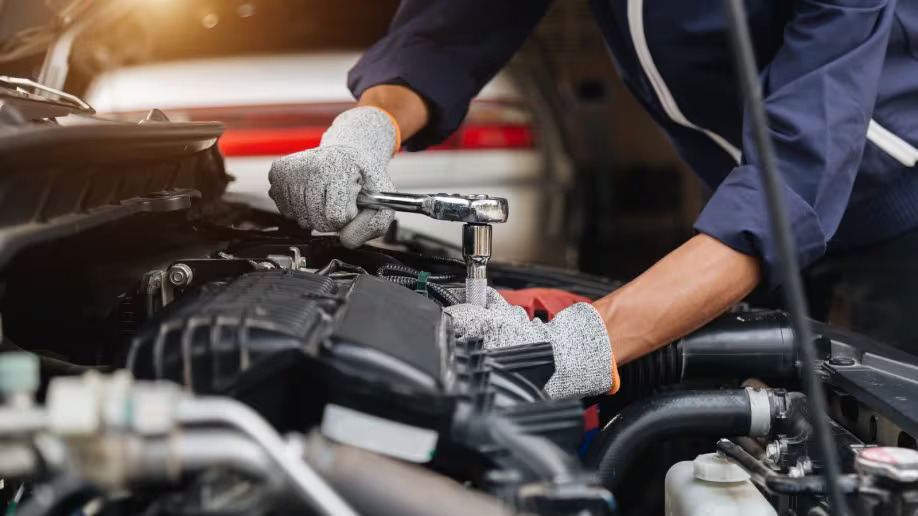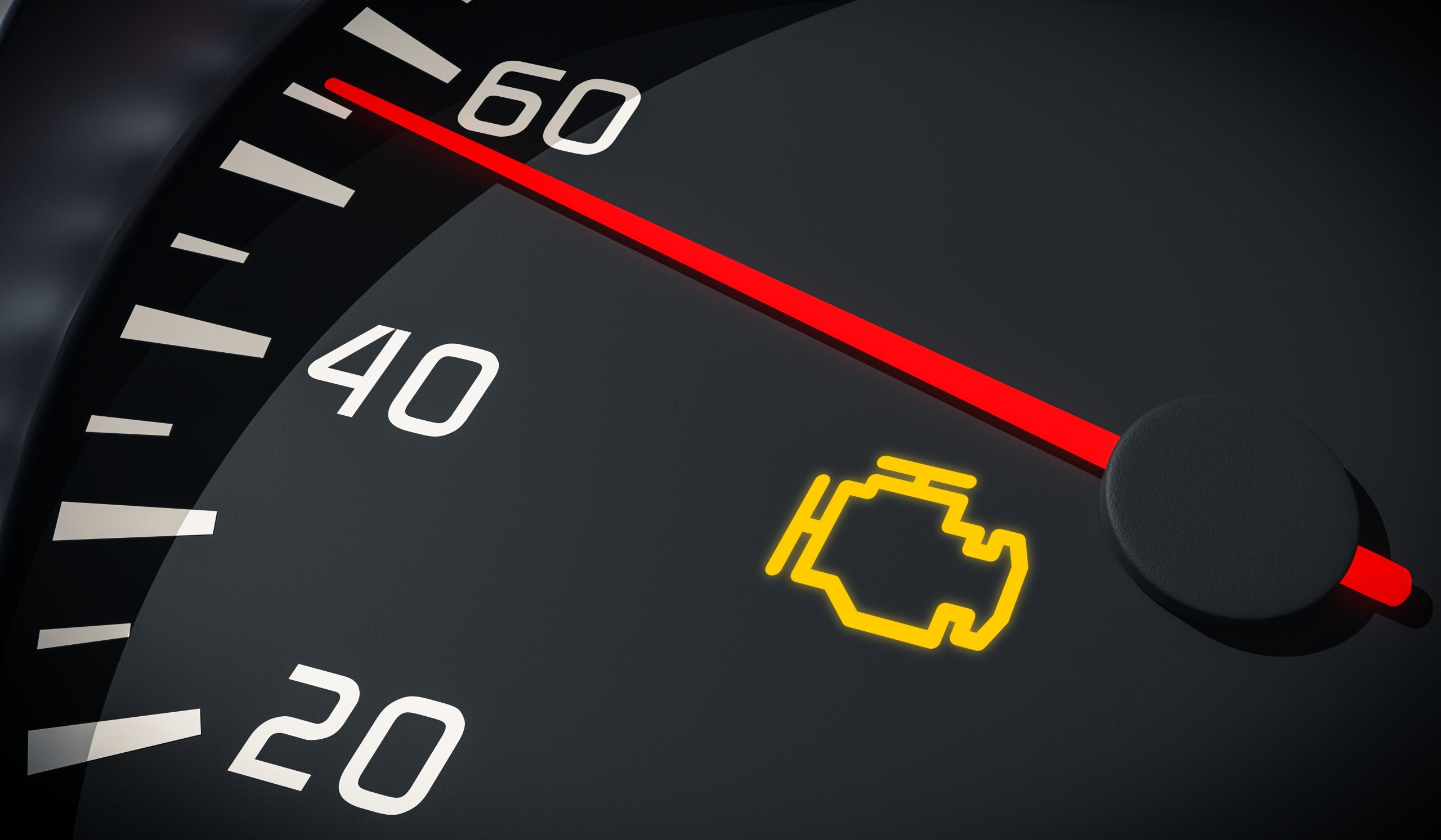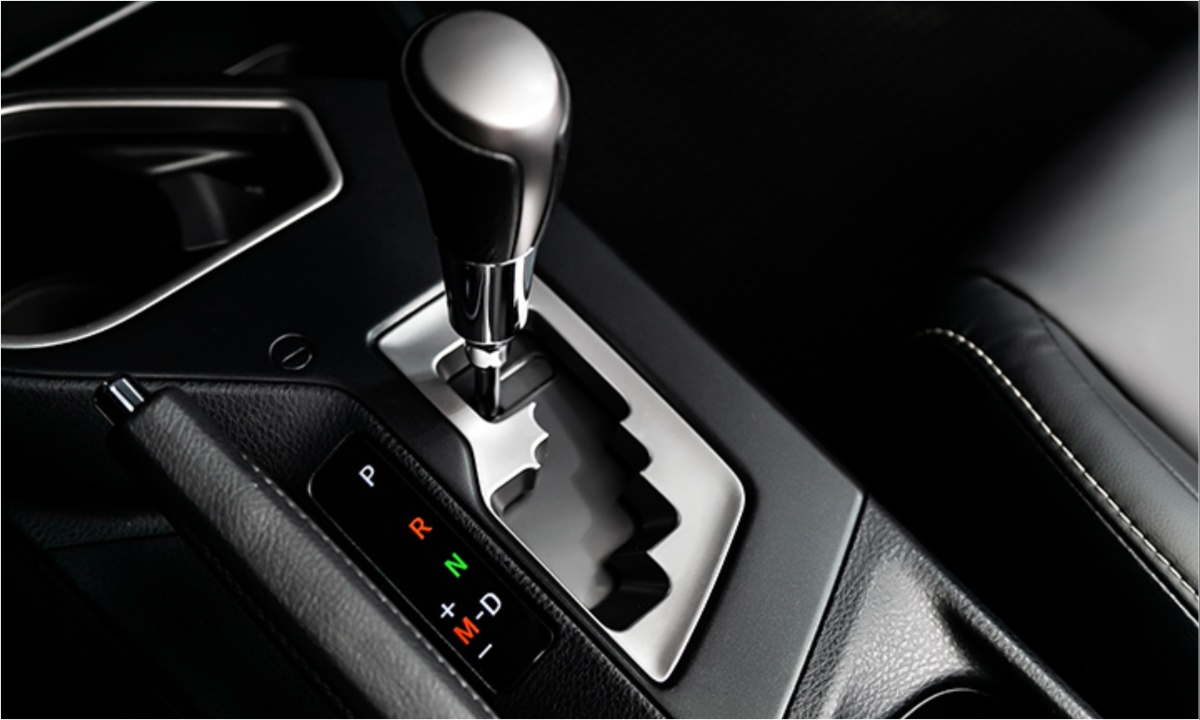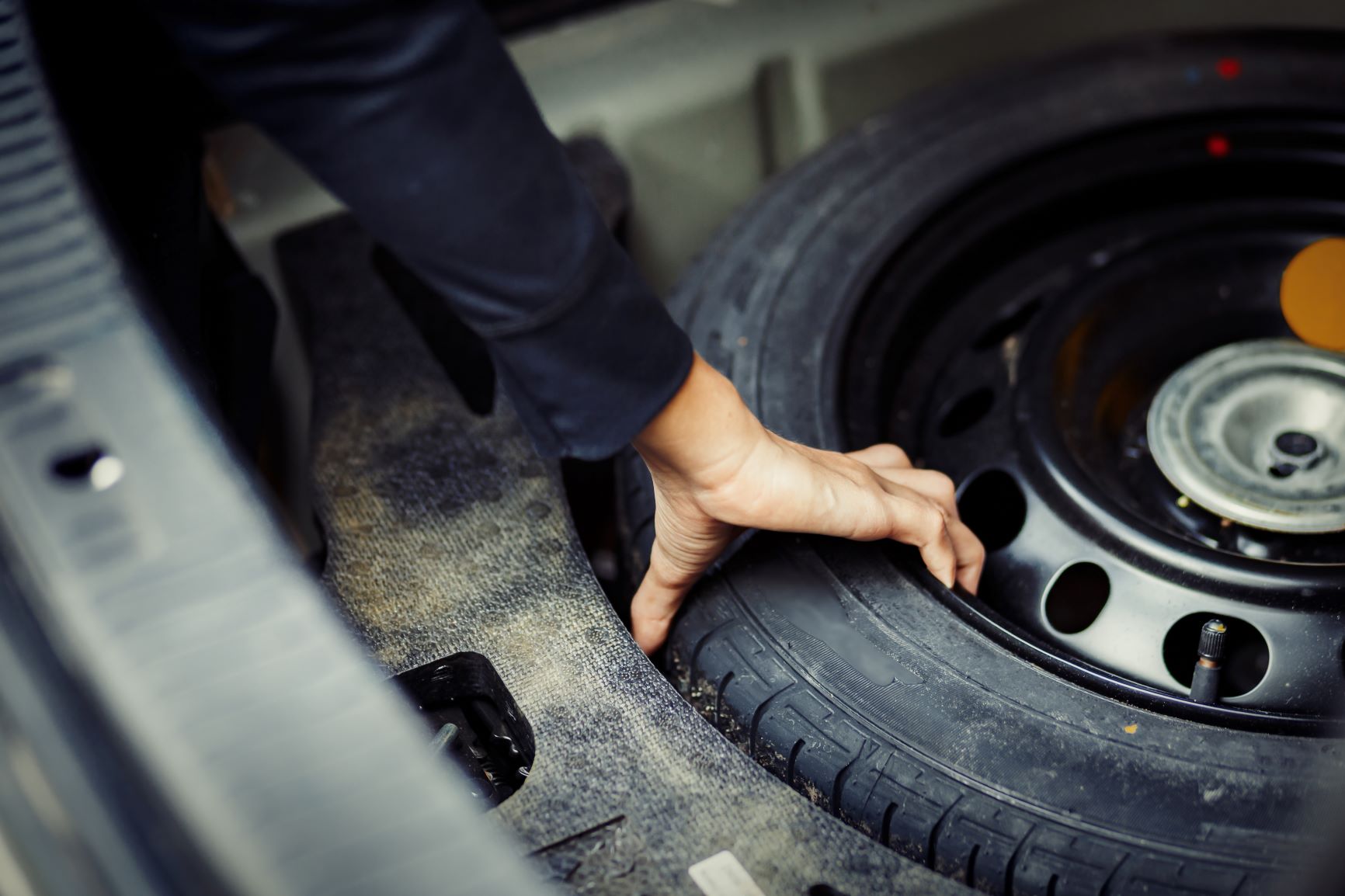While auto insurance plays a vital role in protecting your vehicle, there are other essential factors that ensure your car runs smoothly over time. Many vehicle owners wonder why some cars last for years while others deteriorate quickly. The truth is, it’s not rocket science; some drivers unintentionally damage their vehicles through negligence or a lack of basic maintenance practices. The key distinction lies in how well drivers maintain their cars, ensuring they continue to function optimally for extended periods.
People have varying habits when it comes to car maintenance. Some diligently check essential components such as fluid levels, tire pressure, and lights, while others may overlook these tasks, assuming that their car is meant to be driven without much thought. However, considering the high cost of vehicles today, keeping them in good running condition should be a priority for everyone.
The goal is to prevent unnecessary and expensive repairs. If you are one of those who simply unlock the doors, turn the key, and drive without considering the last time your car was serviced, you’re likely heading toward an expensive meeting with a mechanic. Below are five common mistakes that accelerate the wear and tear of your vehicle, ultimately shortening its lifespan.

1. Skipping Routine Maintenance
Regular maintenance is the cornerstone of extending the life of your vehicle. Neglecting your car’s recommended service schedule can lead to significant issues that may not be immediately visible. Every vehicle manufacturer provides specific maintenance guidelines, which are designed to keep your vehicle running smoothly. Key maintenance tasks include replacing oil and filters at the right intervals and checking crucial systems like the transmission fluid, brake pads, and air filters.
Ignoring these routine services, however, can cause serious damage to your engine or transmission. While you can wait until your vehicle starts showing signs of trouble, such as engine failure, this typically results in costly repairs or replacements.

To keep your engine in top shape, it’s crucial to follow your owner’s manual for regular oil changes. Whether you use conventional or synthetic oil is up to you, but the essential part is keeping the oil fresh. Regular oil changes, along with maintaining your radiator by ensuring it has the proper coolant mixture, can prevent major engine issues.
Additionally, maintaining good fuel quality, avoiding refueling when trucks are filling up the station’s tanks, and keeping your fuel tank at least half full can prolong the life of your fuel pump. Battery care is also important; though most modern batteries are maintenance-free, regular load testing during service appointments will ensure your battery doesn’t fail unexpectedly.
2. Ignoring Dashboard Warning Lights
Those blinking lights on your dashboard might be irritating, but they could also be a vital sign that your vehicle needs attention. Ignoring these lights can be a costly mistake, as they may indicate developing issues with your engine or other key components. A red warning light, especially the engine light, should never be ignored and must be addressed immediately.
Although it may be tempting to dismiss dashboard lights as mere annoyances, it’s critical to understand their meanings. Your vehicle’s manual typically provides explanations for all of the lights, helping you identify urgent issues like engine trouble or fluid levels. Taking the time to address these warnings promptly can save you from costly repairs down the road.

3. Transmission Mishandling
Whether your car has an automatic or manual transmission, improper handling can lead to expensive repairs. For automatic transmissions, avoid shifting between drive and reverse while the vehicle is in motion. This common mistake can significantly damage your transmission, which is costly to replace.
For manual transmissions, “riding the clutch” is a major culprit. Keeping your foot on the clutch while driving puts unnecessary strain on both the clutch and the gearbox, leading to faster wear and tear. In either case, driving in the wrong gear can also shorten the life of your transmission.

To keep both automatic and manual transmissions running smoothly, regularly flush the transmission fluid as part of your service routine. Using the right type of transmission fluid and keeping your system cool by ensuring adequate fluid levels will also prevent premature damage. Avoid pushing your vehicle beyond its towing capacity, as this can place immense strain on your transmission.
4. Erratic Driving Habits
Driving aggressively, such as speeding off at a red light or slamming on the brakes, not only wears out your car’s components prematurely but can also result in unnecessary repairs. Over time, this driving style can lead to leaks, broken seals, and the need for early brake replacements. Additionally, recklessness increases your chances of being involved in an accident, which brings its own set of financial consequences.
To preserve both your vehicle’s longevity and your safety, adopt a smooth driving style. Avoid sudden starts and stops, and maintain a safe distance from other vehicles. It’s also essential to drive within speed limits and be cautious around obstacles like speed bumps. These actions will protect both your car and your finances, potentially lowering your insurance premiums if you adopt safer driving habits. Many insurance companies even offer discounts to policyholders who complete defensive driving courses, which can also help you stay safer on the road.

5. Postponing Tire Replacements
Tires are a critical component of vehicle safety, but many drivers put off replacing them until it’s too late. Worn-out tires can be extremely dangerous, especially in wet conditions, increasing the risk of hydroplaning. A tire blowout can cause loss of control, leading to an accident and greater damage than the cost of replacing the tires would have been.
To ensure that your tires are safe to drive on, regularly check their tread using simple tests like the penny test. Place a penny into the tread grooves with Abraham Lincoln’s head facing down. If his head is covered by the tread, your tires are still safe to drive on. Regularly inspecting your tires and replacing them before they wear down too much can prevent accidents and keep you from spending more on repairs caused by tire-related issues.

Failing to adhere to regular maintenance schedules not only increases the likelihood of mechanical failure but can also void your vehicle’s warranty. Insurance companies may also be unwilling to help cover the costs if neglect is evident. Ensuring your car is well-maintained is not just about preventing breakdowns, but also about ensuring that your insurance coverage remains valid and that your car remains a reliable investment.
In conclusion, a well-maintained vehicle will last longer, perform better, and save you money in the long run. By avoiding these five common mistakes and adopting proactive car care habits, you can enjoy a safer, more reliable driving experience while protecting your financial investment in your vehicle.

